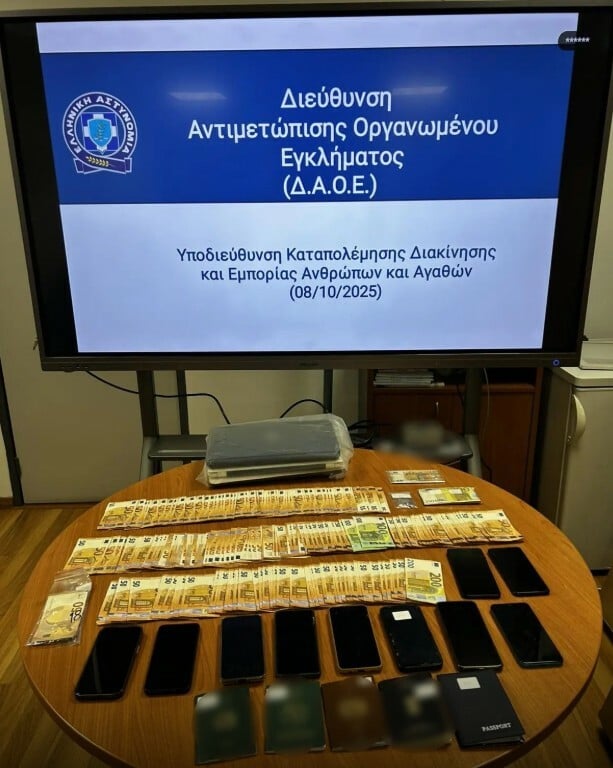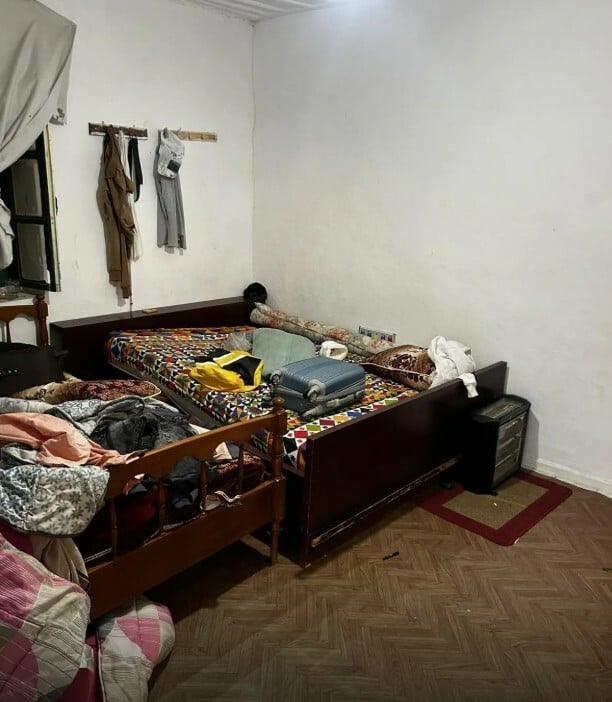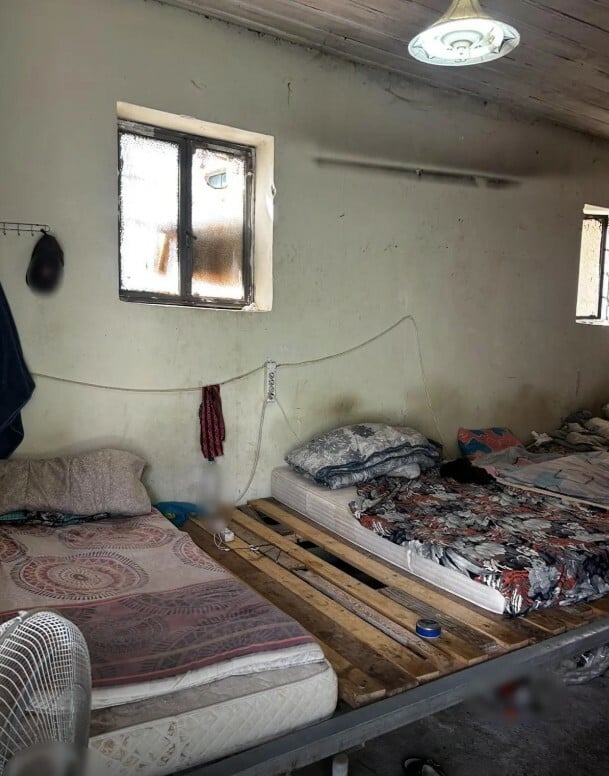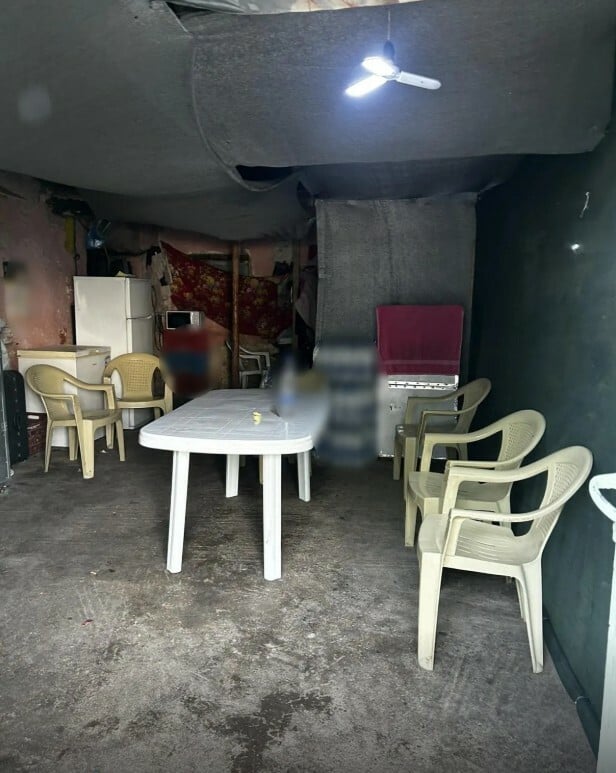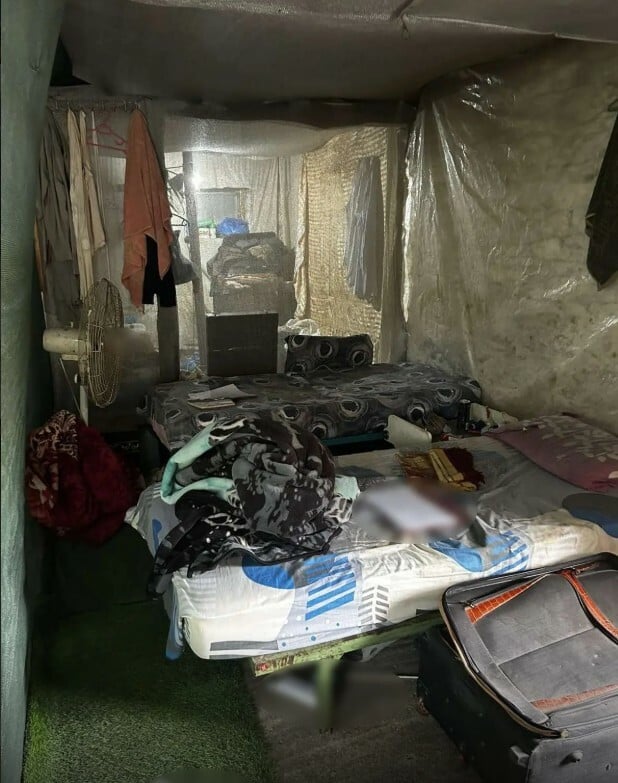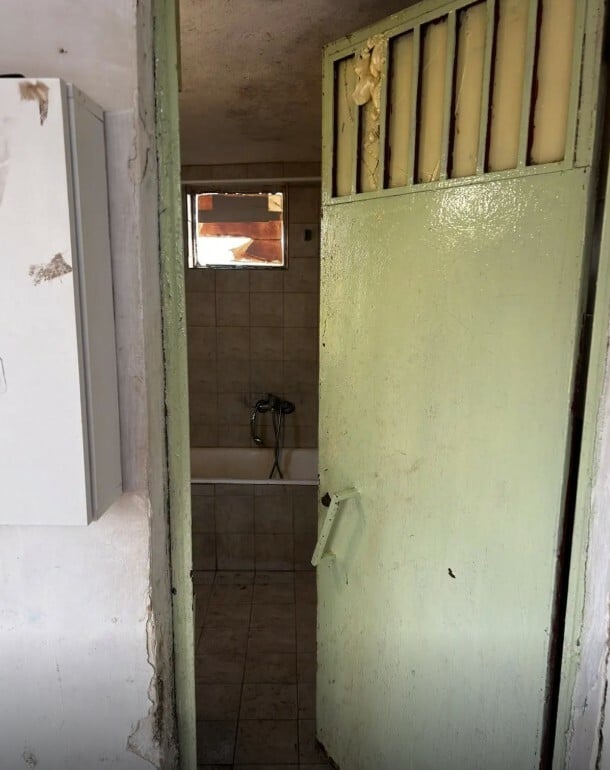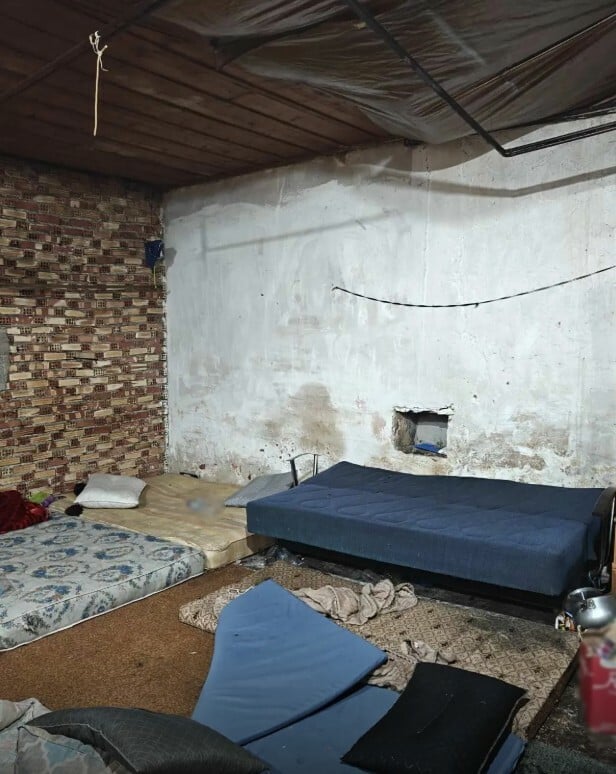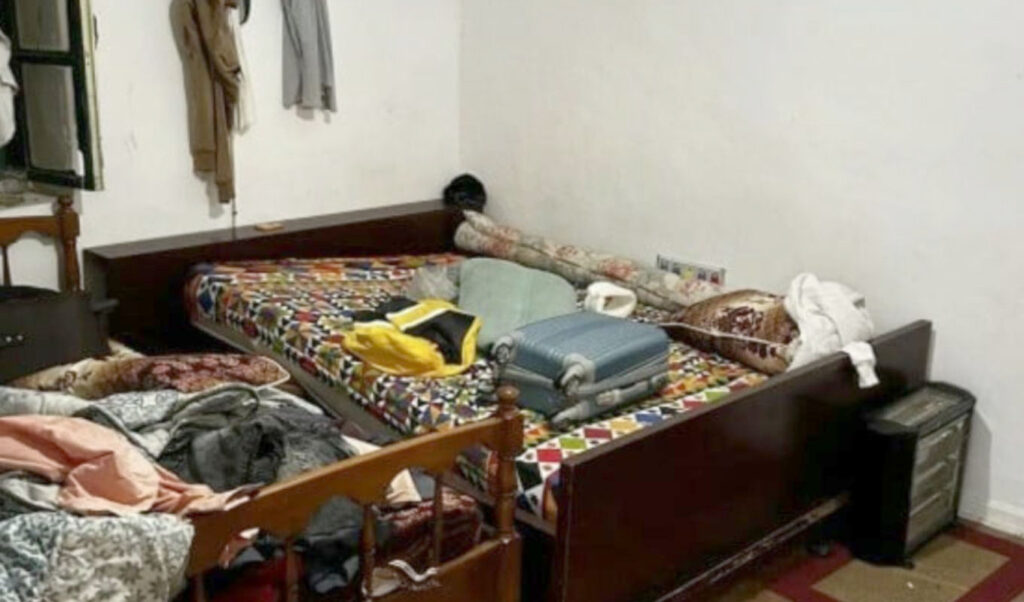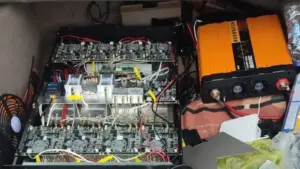The Organized Crime Unit has dismantled a criminal network that was engaged in trafficking foreign workers, mainly Nepalese nationals, for the purpose of economic and labor exploitation in agricultural farms in Greece.
The operation was carried out on Tuesday (7/10), in Attica, Thessaloniki, Argolida, Boeotia, Messinia, Ilia and Larissa and involved dozens of police officers from various services, including the Operational Teams Departments, Human Trafficking and Drug Trafficking Units, as well as Special Teams and Crime Investigation crews from local General Police Directorates.
During the operation, 10 members of the network were arrested, all Pakistani nationals, including one of the leaders, while the case file includes another 10 individuals, of whom 7 are organization members, including one detained in a Pre-departure Detention Center. The arrested individuals are charged with criminal organization, human trafficking with labor exploitation, violations of the Migration Code and drug legislation.
In total, police investigation confirmed 25 cases of trafficking of foreign men, Nepalese nationals, who were living in unsanitary and degrading conditions that violated human dignity. The victims were provided with assistance and protection, in cooperation with the General Secretariat for Vulnerable Citizens and Institutional Protection of the Ministry of Migration and Asylum and the NGO A-21.
Additionally, during the operation, 194 people were brought to local Police Departments, of whom 100 were arrested because they did not have legal documents for residence in Greece.
How the foreign worker trafficking network operated
According to an announcement by the Greek Police, at least since November 2024, the network members formed and joined this organization, having operationally structured and continuous activity, with main activities including recruitment of foreigners, mainly Nepalese nationals, using – case by case – coercive and deceptive means, facilitating their illegal entry into Greek territory, as well as receiving, housing and transporting them to various regions of the country in order to obtain illegal economic benefit through exploitation of their labor.
According to police, a key role in recruitment was held by a 29-year-old Nepalese national, who receiving guidance and support from a 39-year-old, appeared as a “mediator” for finding work in our country, targeting her compatriots who were working legally in Balkan countries, mainly in Romania.
To achieve her purpose, she posted related “advertisements” on social media, where with staged content she promised better monetary rewards in Greece. Indeed, the profile had tens of thousands of followers, with millions of user views on more than 150 videos.
The work being promoted mainly concerned the agricultural sector, without any reference to employment terms and basic living provisions.
When interested parties contacted her, the 29-year-old obtained their consent to travel to our country, for a fee that would be paid gradually through their work, thus creating a bond of economic dependence and debt.
Subsequently, the victims entered Greece by air or through land borders with North Macedonia and then, with the assistance of criminal organization members, were transported to rural areas.
They beat and threatened them
Previously, they were transported to apartments or other temporary accommodation spaces under continuous surveillance, where various individuals often confiscated their travel documents as a means of pressure.
Indeed, during their transport some foreigners were forced to pay money or had suffered physical violence and threats, while in other cases they were abducted and illegally detained for the purpose of paying monetary amounts to the perpetrators, in exchange for their release.
In the areas where the foreigners were employed, such as Argolida, Ilia, Arcadia, Laconia, Messinia, Larissa and Boeotia, they lived in makeshift accommodations or warehouses and were employed in exhausting agricultural work under the supervision of overseers, who functioned as intermediaries and managed the accommodation, work and surveillance of the workers. Working conditions were extremely harsh, without schedules or rest, while the trafficked individuals received minimal or no money under the pretext of repaying the “debt”. Those who resisted faced threats, intimidation or physical violence.
During the operation, searches were conducted in homes, accommodations and shops where, among other things, the following were found and confiscated:
- 18 Nepal passports, other travel documents (passports, IDs etc) from Pakistani and Bangladeshi authorities,
- numerous money transfer receipts through money transfer companies,
- numerous handwritten notes with monetary amounts, dates and names recorded,
- documents with information about flight reservations for foreign individuals,
- 18 mobile phones and 3 computers,
- quantity of processed cannabis,
- cash amount of 14,375 euros and 4 cars.
As noted by the Greek Police, on the day of the operation the Human Trafficking Department was reinforced with a special expert from EUROPOL, who assisted in real-time analysis of intelligence data using EUROPOL’s mobile data analysis unit (“Mobile Office”).
The arrested individuals, with the case file formed against them, were brought before the competent prosecutorial authority.
